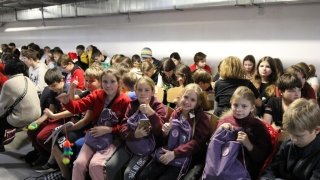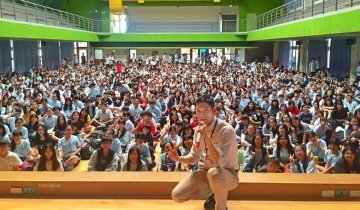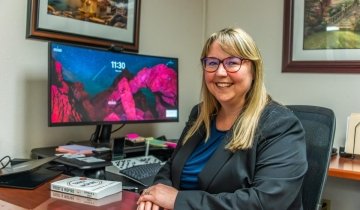“This was never on my mind when we were planning it,” says Elana Glasenberg EdD ’21. She was describing how Russia’s invasion of Ukraine impacted the Kyiv-based school she launched in 2021 with educational foundation U21. Incorporating students of diverse emotional, behavioral or academic needs, the inclusive school was the focus of her dissertation in USC Rossier’s Organizational Change and Leadership Program. At present, Glasenberg is Principal of Institut Montana, an international boarding school in Switzerland. She continues her involvement with the school in Ukraine.
Glasenberg, a member of USC Rossier’s Board of Councilors, described plans for the inclusive school in Fall/Winter 2021 edition of USC Rossier Magazine. She recently offered an update. Following are highlights of her comments.
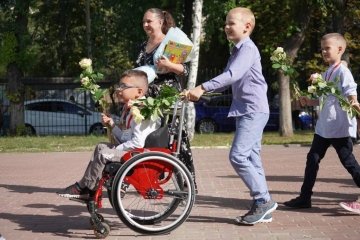
“We trained the teachers in Kyiv on inclusion (through London-based educational training company Inclusion Expert),” said Glasenberg. “That’s how they learned to educate children with diverse abilities. Now, they feel their training helps them work with students under wartime conditions.”
She noted, “In Ukraine, schools with bunkers have been allowed to open. This year, our school started in September with 800 students instead of 1400. We also admitted children from schools without bunkers. Our school is also a community center, preparing a thousand meals a day and currently providing shelter for 60 families. With generators, we’ve provided areas of the building with heat and electricity. There’s a tremendous fear of food and fuel shortages.”
In October, Glasenberg worked with U21 to “stock seven ambulances in Switzerland with medical supplies and drive them into Ukraine. Four of them contained supplies for the school.”
Commenting on the students, she said “a lot of children have experienced unbelievable trauma. Some have lost a parent or their homes. Due to the bombings, half of them are in school and the other half are learning online. Older students are still hoping to finish their studies, pass their exams and go to university, even if it's out of the country.”
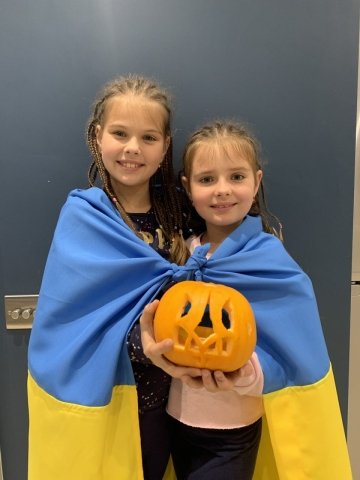
“Teachers have been pushed out of their comfort zones and are living under very hard circumstances. Some fear they may never see their husbands again. At the same time, they are resilient. Whether in online or in-person classes, they try to maintain a sense of normalcy, working to establish routines despite missile strikes and day-to-day struggles. This is the reality of war.”
“There are many things teachers can’t control. When there’s a power outage, students can’t learn online. Some days, kids don’t come to school because it’s too dangerous. These are lost days.”
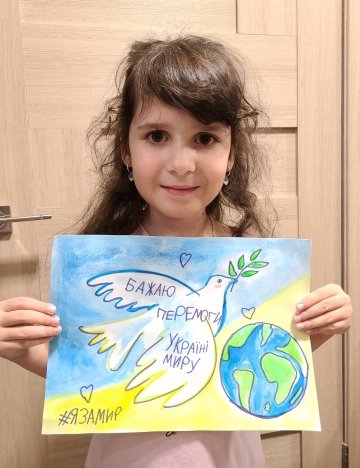
Looking to the future, Glasenberg said, “I’m working with U21 to build an inclusive boarding school in Ukraine. There are so many orphans. We’re hoping that in a year and a half, the school can accommodate children who have no homes, no parents.”
“Quite a few Ukrainian and Russian students attend the school I direct in Switzerland. When the liberation of Kherson was announced, Russian students got up and hugged the Ukrainians. If the world behaved as they do, it would be so easy.”

